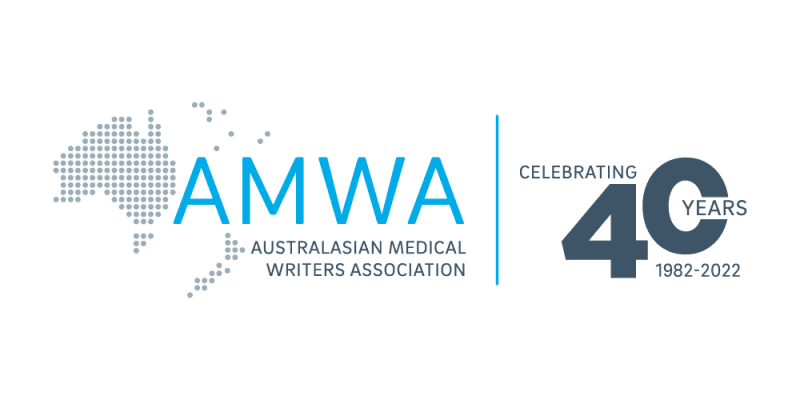Sophia Auld

Where can we find you online?
My website: https://wordsmeanbusiness.com.au/
LinkedIn: https://www.linkedin.com/in/sophiaauld/
Link to your AMWA directory listing
https://www.medicalwriters.org/community/contact/34/
1. Brief description of what you do
I mostly write marketing and educational materials for health, medical and health tech businesses and organisations. My days involve a
variety of tasks including research, speaking to subject matter experts and working closely with my clients, as well as writing and editing.
2. What led you to become a medical writer?
I’ve always loved reading and writing but thought that studying literature or English could only lead to a career in teaching – which I
definitely did not want! I loved science too and wanted to help people, so I studied physiotherapy and worked as a physio for almost 30
years. But I never lost the urge to write, so I took some courses and gradually exited physio as I gained more writing work over three
years. I’ve been making all my income as a writer now since early 2019 and haven’t looked back.
3. What do you enjoy most about being a medical writer?
A few things: I’m curious by nature, especially about the body and health, and now I get paid to look into things that interest me each day.
I work on a wide range of projects and love the variety.
I also love that I can still help people using both my clinical background and my writing skills. It gives me a lot of satisfaction to know
my words may help someone achieve better health, whether that’s through education or access to quality medical products and services.
4. What has been one of your career highlights as a medical writer and why?
One of my favourite projects involved rewriting and consolidating approximately 400 pages of content about healthy behaviours for a
government department.
The department is responsible for promoting public health, and we worked on making the content simpler and more accessible for people with
low health literacy, as well as updating it in line with current evidence.
I worked with an amazing team of very smart people who appreciated my input. This was a highlight because I felt like my work on this
project could really make a difference to population health outcomes.
5. What has been one of the greatest challenges for you as a medical writer and how have you addressed this?
Breaking into the field! I don’t have a higher scientific degree nor any formal journalism or writing qualifications (although I did
complete three subjects towards an MA in Writing and Literature!), so I knew nobody would employ me as a writer.
I started out writing features for newspapers and magazines as a freelancer then got some work through content agencies. Then I worked on
getting my own clients through email outreach, job sites and networking.
While I’ve had many moments of wondering if it was all too hard, persistence ultimately paid off.
If anyone is interested, here’s an article describing how
I made the career switch.
6. What advice would you give fellow writers or people considering a career in medical writing?
Many freelance writers I know are finding things hard at the moment. The economic downturn and AI are definitely having an impact. But there
is still a place for quality writers. It’s no longer enough, though, to just be a good writer. Keep building your skills, whether that’s in
SEO, design, user experience, AI, information architecture, content strategy or something else.
If you love writing and medicine, it’s such a rewarding career. Try to be easy to work with and connect with others in the industry – I’ve
found most people are very collaborative and supportive.
7. What led you to join the AMWA committee?
I’ve received great value from my membership, including helpful training and work through my AMWA listing, and I wanted to give something
back. As an ordinary member I don’t do much, but I hope my experience as a freelancer and former clinician provide a useful perspective.
It’s a great team to be a part of.
